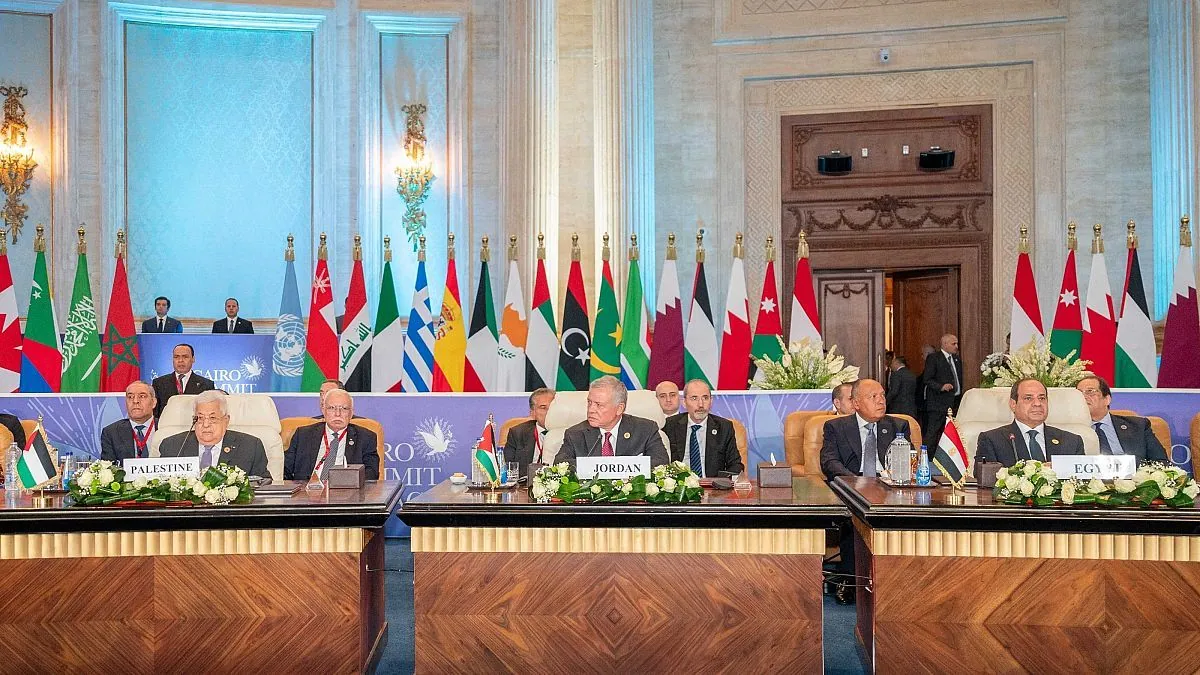U.S. Reverses Course, Approves Full Military Aid to Egypt Despite Rights Concerns
The Biden administration has decided to provide Egypt with its full $1.3 billion military aid package, reversing previous policy of withholding funds over human rights issues. The move comes as Egypt plays a crucial role in Gaza ceasefire efforts.

The United States government has made a significant policy shift regarding its military aid to Egypt. The Biden administration has announced its intention to provide the full $1.3 billion annual aid package to Cairo, departing from its previous stance of withholding portions of the funds due to human rights concerns.
This decision marks a notable change from the past three years, during which the U.S. diverted over $300 million in aid to Egypt. In 2023 alone, $85 million was redirected, citing Egypt's failure to meet conditions related to the treatment of prisoners. The years 2021 and 2022 saw even larger withholdings of $130 million each due to human rights issues.
The reversal comes at a time when Egypt's role in regional diplomacy has gained prominence, particularly in efforts to broker a ceasefire between Israel and Hamas in the Gaza Strip. President Abdel Fatah El-Sisi's government has been instrumental in these negotiations, which align with President Joe Biden's priorities as he approaches the end of his term.

However, this decision has not been without controversy. Egypt's human rights record remains a significant concern, with the U.S. State Department's own reports highlighting issues such as torture, extrajudicial killings, and suppression of free speech. Sisi, who came to power following a coup in 2013, has been criticized for his authoritarian rule and the suppression of political opposition.
The State Department's statement emphasized the importance of this decision in advancing regional peace and supporting U.S. national security priorities. To release the full aid package, Secretary of State Antony Blinken had to exercise a waiver on a $225 million portion subject to human rights conditions and certify progress on another $95 million share.
This move has drawn criticism from some U.S. lawmakers and human rights advocates. Senator Chris Murphy expressed frustration, stating that Egypt "remains a deeply repressive autocratic state." The decision has also been condemned by organizations such as the Middle East Democracy Center.
The U.S.-Egypt military relationship has a long history, dating back to the 1979 Egypt-Israel Peace Treaty. Egypt has been a major non-NATO ally since 1989 and receives the second-largest amount of U.S. military aid after Israel. The country's strategic location, control of the Suez Canal, and role in regional stability make it a crucial partner for the United States.
"It's no secret that Egypt remains a deeply repressive autocratic state. We have previously withheld this portion of Egypt's military aid package, while still maintaining our strategic relationship, and we should continue to do so."
The decision to provide full military aid to Egypt highlights the complex balancing act faced by U.S. foreign policy. While promoting human rights remains a stated goal, strategic interests and regional stability often take precedence. As the situation in the Middle East continues to evolve, the impact of this policy shift on both U.S.-Egypt relations and broader regional dynamics remains to be seen.


































